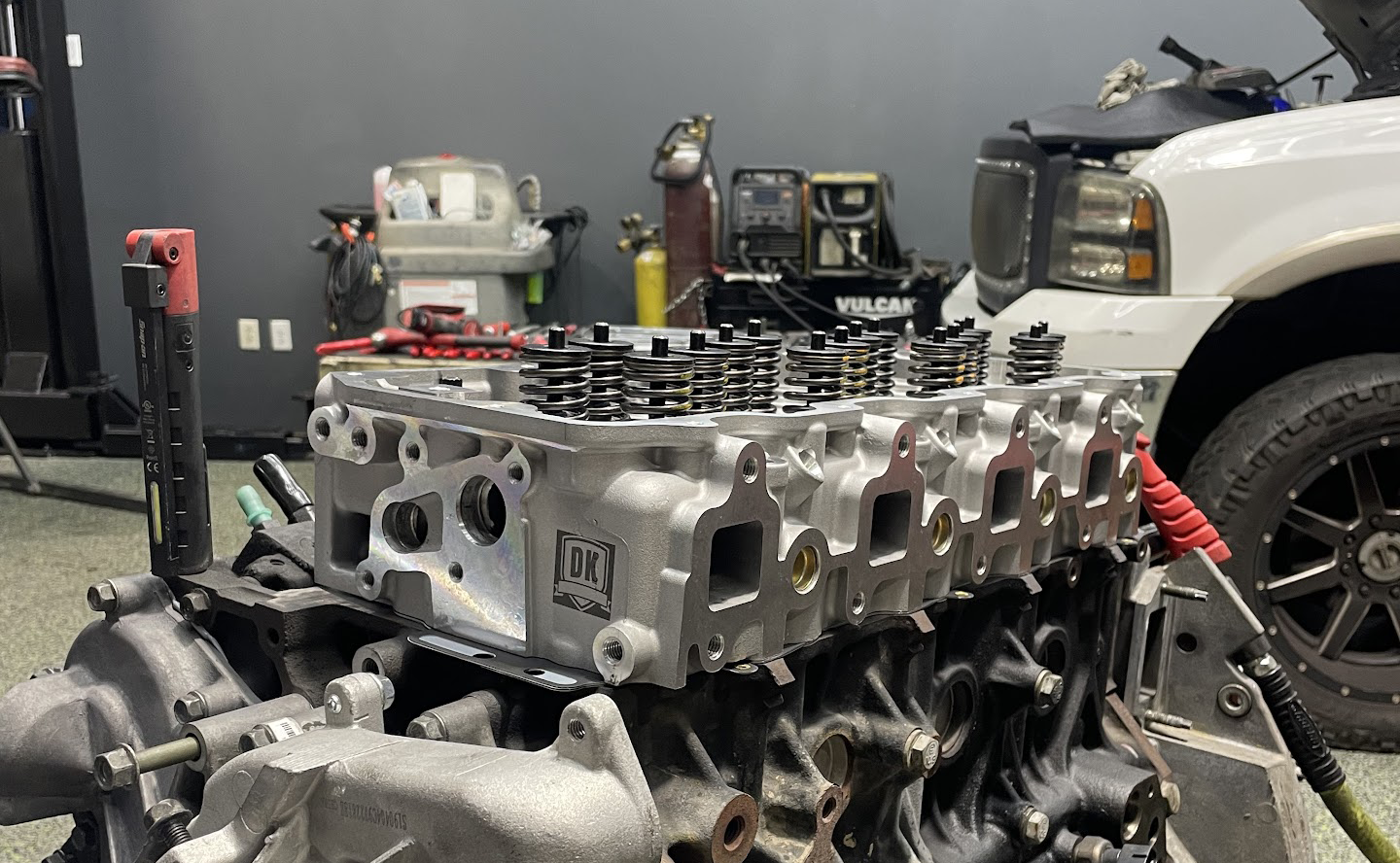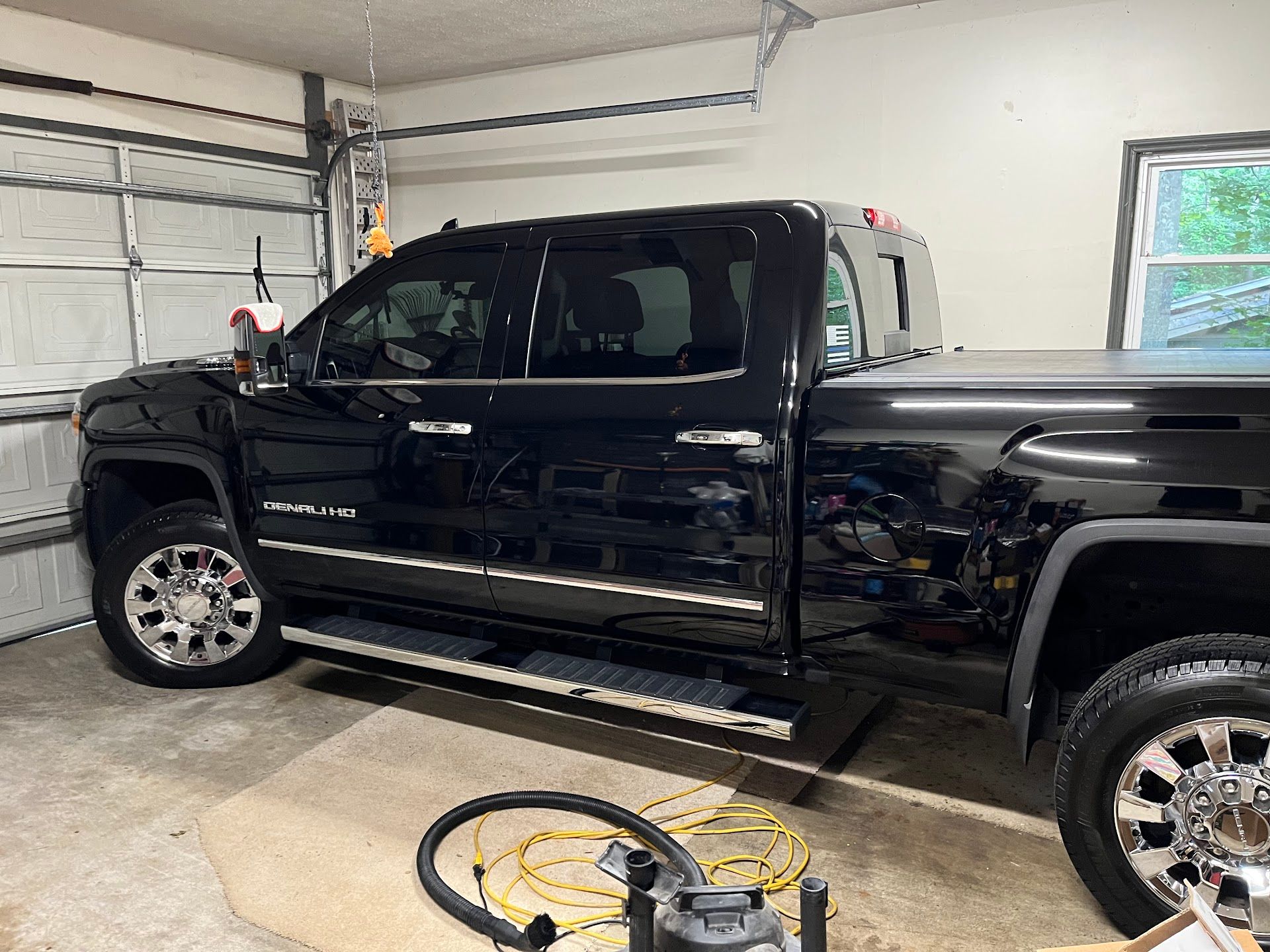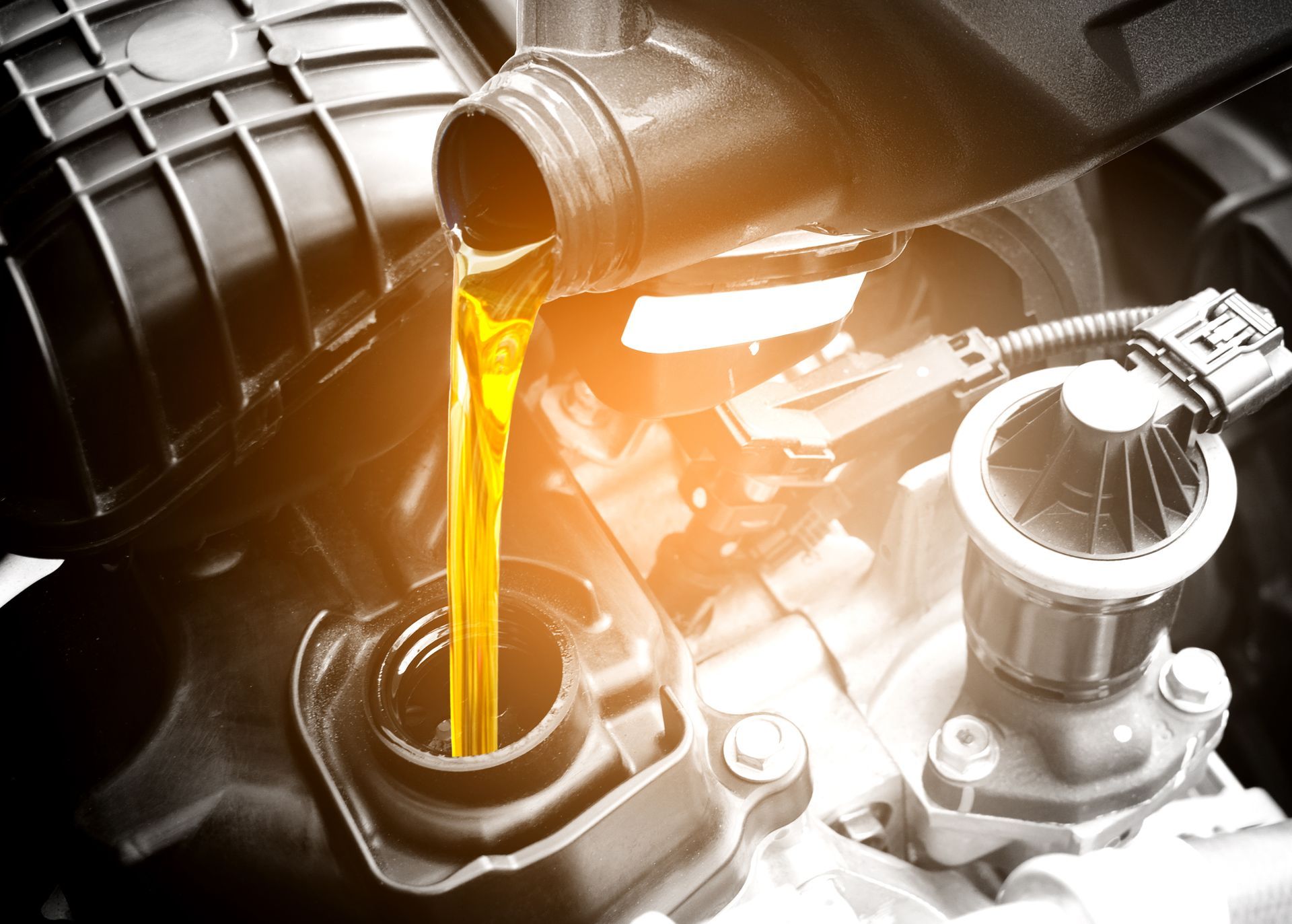Choosing the Right Tires for Woodstock, GA Roads: A Local Expert's Guide
Your tires are the only part of your vehicle that actually touches the road, making them one of your most important safety features. Whether you're navigating the rolling hills around Woodstock, commuting down I-575 to Atlanta, or heading up to the North Georgia mountains for the weekend, having the right tires can make the difference between a safe trip and a dangerous situation.
With Georgia's varied weather conditions, from summer thunderstorms to occasional winter ice, choosing tires that match your local driving needs isn't just about performance—it's about keeping you and your family safe on Cherokee County roads.
Understanding Woodstock's Unique Driving Conditions
Woodstock presents specific challenges that should influence your tire choice:
Hilly terrain throughout the area requires tires with good traction for both climbing and descending. Routes like Highway 92 toward Acworth or the roads leading to Red Top Mountain State Park feature significant elevation changes that stress your tires differently than flat highway driving.
Variable weather means dealing with everything from intense summer heat that can reach the upper 90s to occasional winter ice storms. Georgia's unpredictable weather patterns require tires that perform well across different conditions.
Mixed driving surfaces include everything from smooth interstate highways to rough construction zones around Town Center at Cobb, plus the occasional gravel road leading to Lake Allatoona recreation areas.
Heavy traffic patterns during rush hour to Atlanta create stop-and-go conditions that generate extra heat and wear on your tires.
All-Season Tires: The Popular Choice
Most Woodstock drivers choose all-season tires because they handle our climate reasonably well year-round:
Temperature range performance works well for Georgia's typical weather. All-season tires are designed to function effectively in temperatures from about 40°F to 100°F, which covers most of our annual weather range.
Tread design provides decent traction on both wet and dry roads. The moderate tread depth and pattern work well for summer rain showers and the occasional light snow we get in North Georgia.
Longevity tends to be good with all-season tires, often lasting 50,000-70,000 miles with proper maintenance and rotation.
Cost effectiveness makes all-season tires attractive for budget-conscious drivers who want decent performance without buying separate summer and winter tire sets.
However, all-season tires are a compromise. They don't excel in extreme conditions—they're just adequate in most situations.
Summer Performance Tires
If you prioritize handling and performance, especially during Georgia's long, hot summers:
Superior dry traction comes from softer rubber compounds and aggressive tread patterns designed for maximum road contact during hot weather.
Enhanced wet weather performance helps during those sudden afternoon thunderstorms that are common around Woodstock in summer months.
Better high-speed stability matters if you frequently drive highway speeds on I-575 or take spirited drives through the North Georgia mountains.
Improved braking can be significantly better than all-season tires, especially important for safety in heavy traffic or emergency situations.
The downside is reduced performance below about 45°F and shorter tread life, typically 25,000-40,000 miles.
Winter Tires: Worth Considering
Even in Georgia, winter tires can be valuable:
Ice and snow traction becomes crucial during our occasional winter weather events. Remember the ice storm that paralyzed Atlanta in 2014? Winter tires could have prevented many of those accidents.
Cold weather performance improves significantly below 45°F, even on dry roads. Winter tire rubber stays flexible in cold temperatures when all-season tires get hard.
Peace of mind during winter months can be worth the investment if you frequently drive early mornings when frost and ice are most likely.
Consider winter tires if you commute early to Atlanta, frequently drive in shaded areas that stay icy longer, or want maximum safety during Georgia's unpredictable winter weather.
Tire Size and Load Ratings
Choosing the correct size and load rating is crucial for safety and performance:
Manufacturer specifications should always be your starting point. Check your owner's manual, tire information placard (usually on the driver's door frame), or existing tire sidewalls for proper size.
Load index indicates how much weight each tire can safely carry. This is especially important for pickup trucks and SUVs that might carry heavy loads or tow trailers to Lake Allatoona.
Speed rating shows the maximum safe speed for your tires. While you probably won't exceed these speeds on public roads, higher speed ratings often indicate better overall construction quality.
Signs It's Time for New Tires
Don't wait until your tires are completely worn out:
Tread depth below 2/32" is legally worn out, but 4/32" is safer for wet traction. Use the penny test—if you can see Lincoln's entire head when inserted upside down in the tread, your tires need replacement.
Uneven wear patterns indicate alignment, suspension, or inflation problems that should be addressed along with tire replacement.
Age matters even if tread looks good. Tires older than 6-8 years should be replaced regardless of appearance, as rubber degrades over time in Georgia's heat and UV exposure.
Sidewall damage like cracks, bulges, or punctures usually means immediate replacement for safety.
Local Tire Shopping Tips
When shopping for tires in the Woodstock area:
Consider your actual driving rather than what you think you might do. If you rarely drive in snow, don't pay extra for aggressive winter capabilities.
Think about your commute to Atlanta or other regular routes. Highway-focused tires might be worth it if you drive I-575 daily.
Plan for Georgia weather including sudden rainstorms and occasional winter weather that can catch drivers unprepared.
Factor in local road conditions like construction zones, hills, and the mix of city and highway driving typical in Cherokee County.
Professional Tire Service in Woodstock
Choosing the right tires is just the first step—proper installation, balancing, and alignment are equally important for safety and tire life. Whether you need help selecting the perfect tires for your driving needs or want expert installation and service, the ASE-certified technicians at Diesel David Inc can guide you through the entire process.
We understand Woodstock driving conditions and can recommend tires that match your specific needs, from daily commuting to weekend mountain adventures. Our tire services include professional mounting, balancing, and alignment to ensure your new tires perform their best.
Ready for new tires that match your driving needs? Call Diesel David Inc at (770) 874-5094 or schedule your tire consultation online. We'll help you choose the right tires for safe, confident driving on every Woodstock road.









